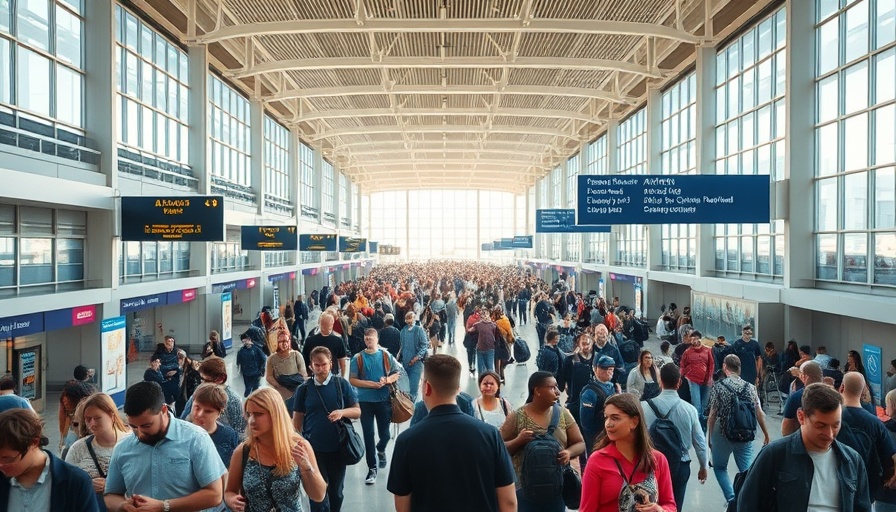
The Shocking Cyberattack: What Happened?
On Saturday, September 20, a cyberattack targeted a key provider of check-in systems, leading to chaos at major European airports such as Heathrow, Brussels, and Berlin. The incident, which originated from Collins Aerospace, a subsidiary of RTX, significantly disrupted electronic passenger check-in and baggage drop functions, forcing airports to revert to manual processing.
Heathrow, hailed as Europe’s busiest airport, confirmed the disruptions were due to technical issues with Collins Aerospace. Passengers there faced potential delays, while Brussels Airport reported a more severe impact. Automated check-in and boarding systems were rendered inoperable after the attack, leading to a wave of cancellations and delays, with ten flights grounded and departures slowed by an average of one hour.
More Than Just Delays: The Ripple Effect
But the logistical nightmares didn’t end there. Berlin Brandenburg Airport also experienced longer wait times. Interestingly, Frankfurt and Zurich airports had avoided the issue altogether, highlighting a possibly targeted attack. This disruption underscores the fragility of modern airport operations, where sophisticated technology handles the nitty-gritty of travel.
For affluent travelers who value seamless experiences, this incident is a harsh reminder of the vulnerabilities that lurk in our reliance on technology at airports. Travel plans hinge on more than booking a flight; they depend on robust systems that can face down threats without crumbling. As the world increasingly embraces hotel tech innovations like advanced booking systems and automated check-ins, this event sparks a crucial conversation about cybersecurity in travel management.
The Importance of Cybersecurity in Travel
This incident raises questions about the safety protocols in the hospitality and travel sectors. Could your upcoming hotel stay be affected by similar vulnerabilities? In a world where hotel acquisitions and openings are on the rise, demanding greater technology integration, the need for security becomes paramount.
Travelers should consider not just the luxury aspects of their itinerary—such as hotel design trends and hotel management practices—but also the safety of the systems behind those experiences. More hotels and chains are adopting cutting-edge technology for check-ins and room access, yet without solid cybersecurity foundations, all that shiny tech is but an open door to potential disruptions.
Preparing for Future Travel: What You Can Do
As we move forward, it is essential for both travelers and the hospitality industry to implement strategies against cyber threats. Here's how:
- Stay informed: Awareness of the latest cybersecurity trends and hotel technology will empower travelers to choose brands that prioritize safety.
- Be proactive: When booking travel, ask about the cybersecurity measures hotels put in place, especially if the establishment uses automated systems.
- Flexibility is key: In scenarios of disruption, such as this recent cyberattack, ensure your travel plans allow for adjustments on the go.
This cyberattack served as a wakeup call not only for travelers but for the entire travel industry, which must continually evolve in response to emerging threats.
Discover How We Can Help You Travel Smart
Are you an affluent traveler eager to navigate the complexities of modern travel seamlessly? Reach out to our team at www.sitinmyseats.com for professional insights or to book your free travel consultation. Let us ensure your next journey is as effortless and secure as possible!
 Add Row
Add Row  Add
Add 




Write A Comment